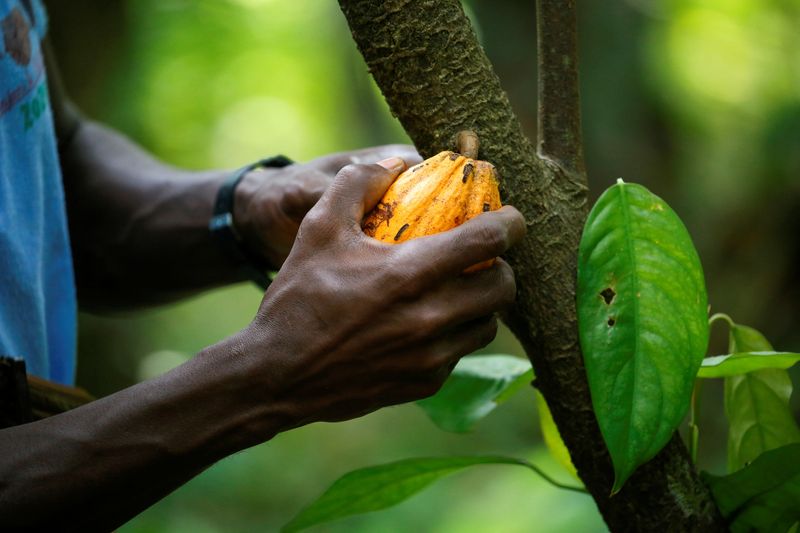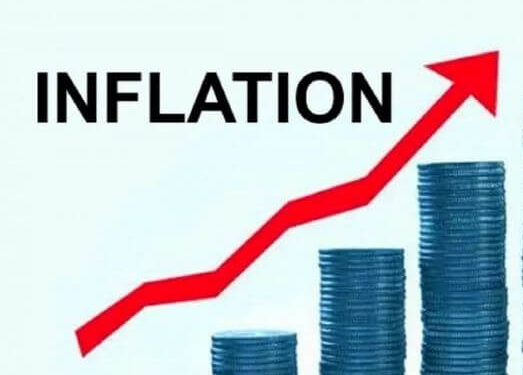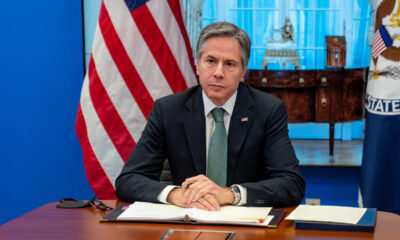To offset low output and finance the 2024–2025 cocoa imports, Ghana’s cocoa regulator plans to borrow up to $1.5 billion by September, according to two COCOBOD sources with knowledge of the agreement quoted by Reuters.
Using an annual syndicated loan, the second-largest cocoa producer in the world after neighbouring Ivory Coast pays farmers for their beans. Usually, an agreement is reached in September, when the season begins. But because of the low cocoa output this season thus far, the $800 million loan for this year has been delayed. Since the season’s cocoa output is expected to be nearly 40% lower than anticipated, COCOBOD has withdrawn $600 million and cancelled the remaining amount, making it unable to guarantee the entire loan.
“A request for proposal sent to banks indicates COCOBOD will borrow up to $1.5 billion next season. It is understood the banks are sizing it and together (with COCOBOD), they will decide an optimal amount,” said one COCOBOD source.
A second source within COCOBOD expressed confidence that the syndication would proceed. According to the same source, at least one foreign bank has visited Ghana to look over cocoa farms before deciding on the offer, and another is due to go there next month.
The sources, who wished to remain anonymous because they are not authorized to speak to the media, stated that production is anticipated to rebound to 810,000 metric tons in the upcoming season. When contacted for comment, COCOBOD remained silent.
Cocoa smuggling, sickness, and unfavourable weather have all had an impact on Ghana’s cocoa production. According to COCOBOD, it is anticipated to be about 40% below target in the 2023–2024 season.
The industry watchdog claimed that during the 2022–2023 season, it lost almost 150,000 tons of cocoa beans to illicit gold mining, or galamsey as it is known locally. It anticipates significantly higher losses this season as more smuggling is encouraged by a global increase in cocoa prices.
According to COCOBOD, the swollen shoot virus destroyed almost 590,000 hectares of cropland between 2018 and 2024. According to one source, they were optimistic that Ghana would still reach the 810,000-ton objective for the upcoming season since improved weather and restored cocoa estates will increase production.
The first four months of this year saw an almost 50% year-over-year decline in Ghana’s cocoa export revenue, according to data released this week by the central bank.


 VenturesNow1 day ago
VenturesNow1 day ago
 Metro2 days ago
Metro2 days ago
 Metro1 day ago
Metro1 day ago
 Musings From Abroad1 day ago
Musings From Abroad1 day ago



























